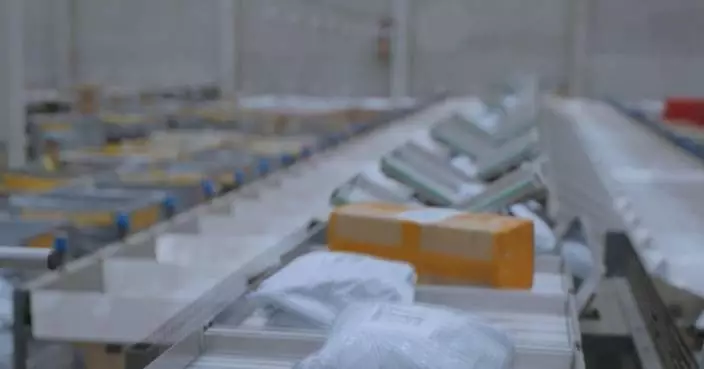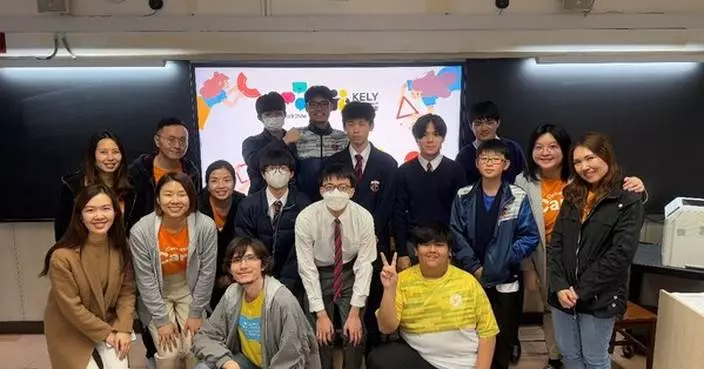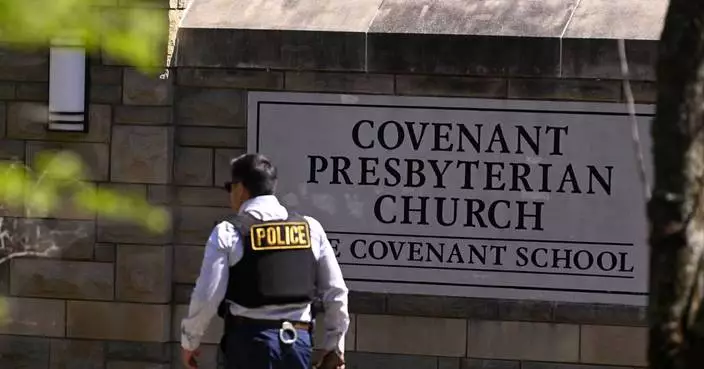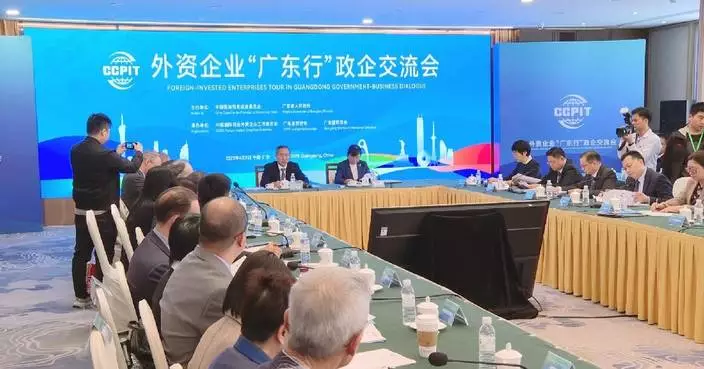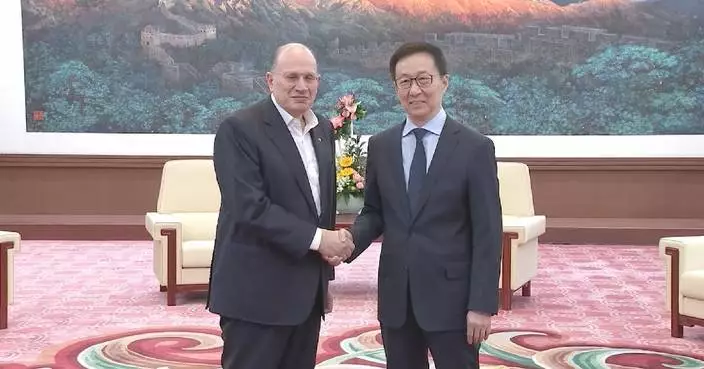GENEVA (AP) — Swiss prosecutors said a right-to-die activist was released Monday after more than two months in police custody over the reported first use of a so-called “suicide capsule,” after they ruled out the possibility of an intentional homicide.
Florian Willet, head of advocacy group The Last Resort, was released by authorities in the northern Schaffhausen region, where a 64-year-old U.S. woman in late September was said to be the first user of the Sarco suicide capsule, a sealed chamber that releases gas at the press of a button.
Authorities detained four people, but initially only released three of them — holding Willet on suspicion that the woman, who was not identified, might not have committed suicide but could have been killed.
EDITOR’S NOTE — This story includes discussion of suicide. If you or someone you know needs help, the national suicide and crisis lifeline in the U.S. is available by calling or texting 988. There is also an online chat at 988lifeline.org. The Swiss government refers queries about suicide prevention to a group called “Dargebotene Hand,” or The Offered Hand.
A statement Monday from prosecutors said a criminal case was opened on Sept. 23, the day of the woman’s death, for suspected “inciting and abetting suicide” and a “strong suspicion of the commission of an intentional homicide.”
Although an autopsy report from experts in neighboring Zurich was not yet available, investigators no longer suspect intentional homicide, though there is “strong suspicion of the crime of inciting and abetting suicide," the statement said.
The statement said the suspect was released from custody though it didn't identify the suspect by name. Willet previously has spoken repeatedly to The Associated Press before his arrest and his colleagues have spoken out publicly in his defense in hopes of securing his release.
Prosecutors gave no further details, including whether the suspect was released conditionally and faced a continued criminal investigation over suspected incitement of suicide.
Calls by The AP to Willet’s mobile phone were not immediately answered.
Sarco developer Philip Nitschke of Exit International, a right-to-die group affiliated with The Last Resort, has said the allegations that the woman might have been strangled were “absurd. Nitschke said he watched by video during the woman’s death, in a wood in the Schaffhausen region near the German border, and that the device worked as planned.
The Sarco was designed to allow a person sitting in its reclining seat to push a button that injects nitrogen gas into the sealed chamber. The person is then supposed to fall unconscious and die by suffocation in a few minutes.
Swiss law allows assisted suicide so long as the person takes his or her life with no “external assistance” and those who help the person die do not do so for “any self-serving motive,” says a government website.
Switzerland is among the only countries where foreigners can travel to legally end their lives and has a number of organizations that are dedicated to helping people kill themselves.
Nitschke has repeatedly said Exit International’s Swiss lawyers had advised that use of the capsule would be legal in Switzerland.
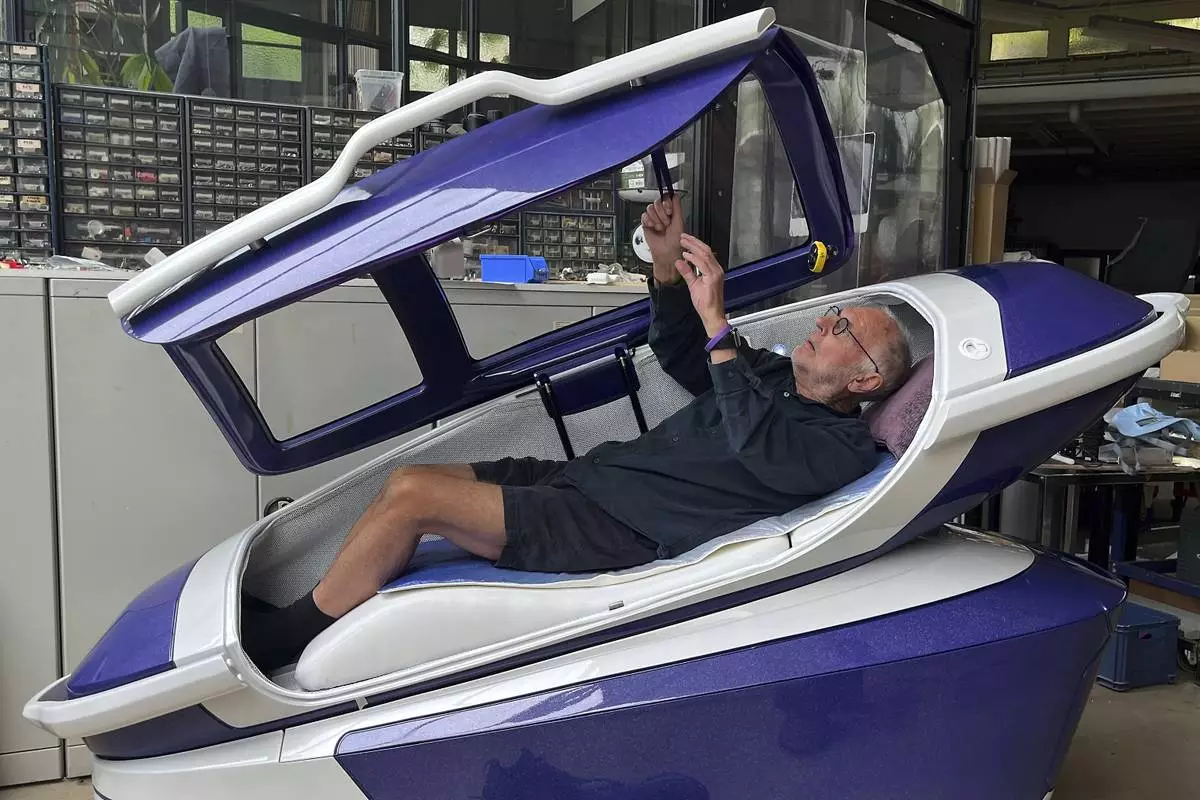
FILE - Philip Nitschke enters a 'suicide pod' known as 'The Sarco' in Rotterdam, The Netherlands, July 8, 2024. (AP Photo/Ahmad Seir, File)

FILE - A 'suicide pod' known as 'The Sarco' is seen in Rotterdam, Netherlands, July 8, 2024. (AP Photo/Ahmad Seir, File)
















